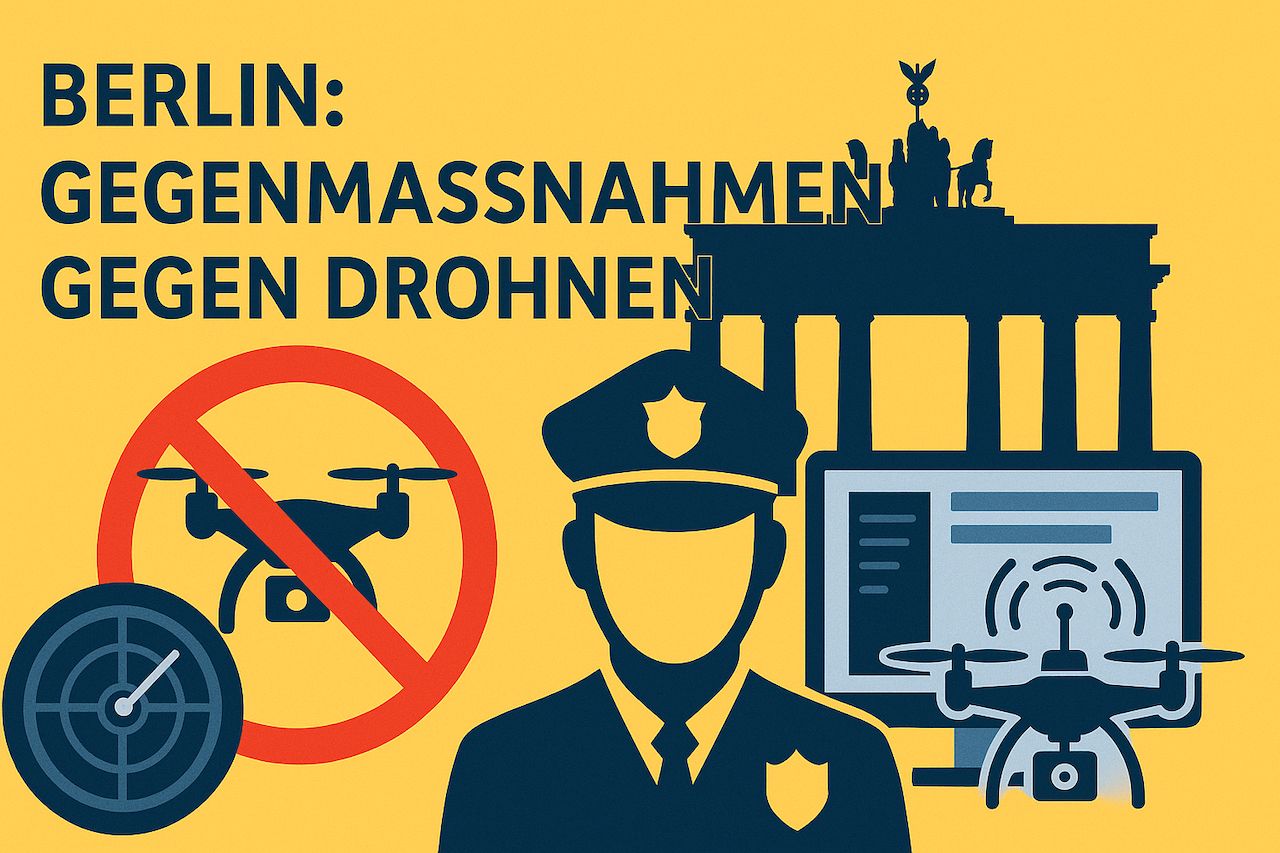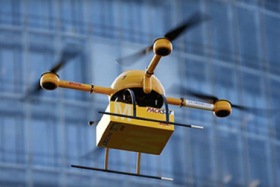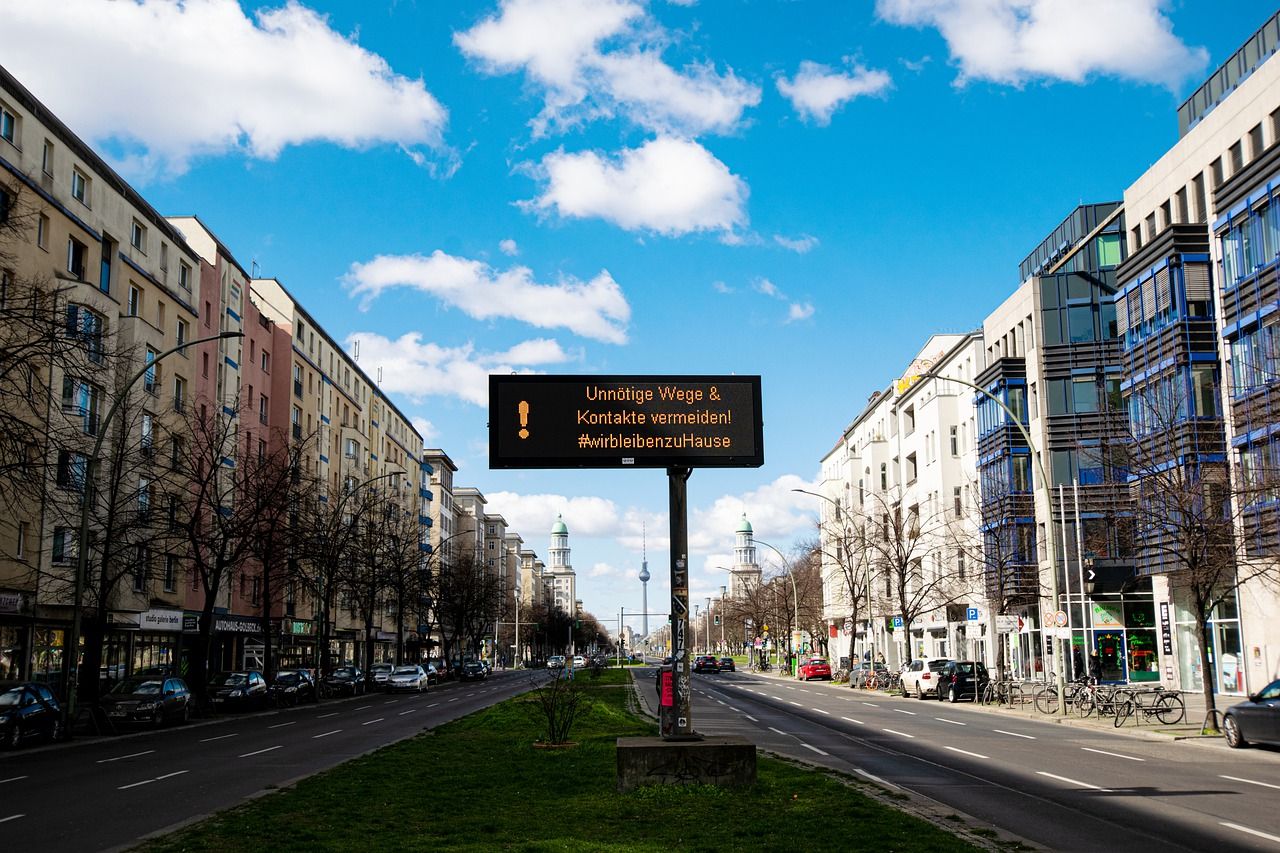
Berlin: Countering Drones
The Senate of Berlin intends to strengthen protection against unmanned aerial vehicles (UAVs) by expanding existing monitoring mechanisms and specific control processes in this field.
In particular, the plan includes the rapid implementation of modern technologies for drone detection and forced neutralization, as well as the revision and tightening of regulations governing their use within the city. Current proposals aim to enhance security and prevent the illegal use of drones.
Drones are classified according to many parameters, though fixed standards for these parameters do not exist. The most common classification criteria are design, purpose, and flight characteristics.
By design:
-
Fixed-wing type: long-range drones capable of conducting aerial photography over large areas.
-
Hybrid type: devices that combine vertical take-off with cruise flight.
-
Single-rotor type: equipped with main and tail rotors, offering high speed and strong load capacity.
-
Multirotor type: the most widespread category, including quadcopters (four rotors), octocopters (eight rotors), and many other models.
By purpose:
-
Industrial: used in surveying, aerial photography, and goods or service delivery.
-
Military: strike, multipurpose, and reconnaissance drones.
-
Civilian: for photography, video recording, construction monitoring, territorial observation, and FPV drone racing (First-Person View).
According to the German Air Navigation Services (Deutsche Flugsicherung GmbH, DFS), 24 drone-related incidents were recorded in August 2025 alone. This brings the total for the current year to over 140, with more than 70% occurring near airports. By comparison, there were 161 incidents in 2024 and 151 in 2023.
Berlin’s Senator for the Interior and Sports, Iris Spranger, commented:
“In Berlin, we recognized the need to counter drones some time ago and had already acquired the relevant technologies during the final stage of the UEFA European Football Championship in 2024. Further acquisitions will be ensured as part of budget planning and priority setting.”
It is likely that the first purchases will include radar detection systems with a range of up to 5 km, interceptor drones, reconnaissance UAVs capable of locating drone pilots on the ground, and kinetic defense systems designed to disable drones.
Iris Spranger also expressed her support for establishing a centralized federal body dedicated to drone defense, operating strictly within the framework of the law.
Tags: Berlin , Senate of Berlin , drones , UAV , drone defense , security , Iris Spranger , German Air Traffic Control , radar , interceptor drones , law , regulation , technology , airports , monitoring , Germany , urban safety , cyber defense , innovation , control , protection , FPV , surveillance , civil aviation , police , legislation , 2024 UEFA , defense , prevention , system , public safety
Categories: Latest























